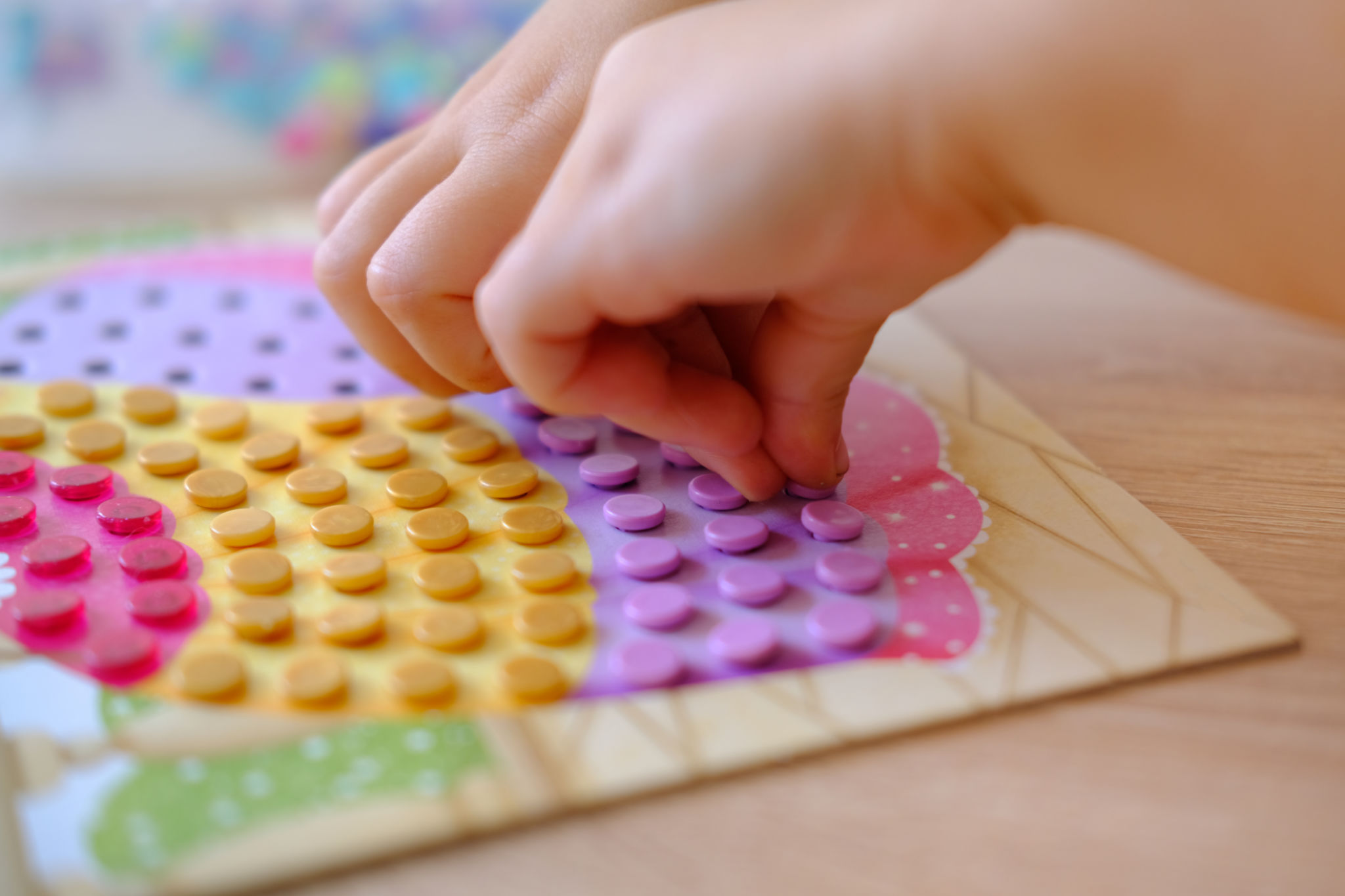The Importance of Sensory Play in Early Childhood Development
Understanding Sensory Play
In the world of early childhood development, sensory play holds a pivotal role. It involves activities that stimulate a child's senses: touch, smell, taste, sight, and hearing. These activities are not only engaging but also beneficial for young minds. By engaging in sensory play, children can explore and naturally develop their cognitive, social, and emotional skills.
Sensory play can be as simple as playing with sand, water, or even exploring different textures through playdough. These activities encourage children to use their senses to discover and interact with the world around them. The hands-on nature of sensory play is what makes it so effective in supporting developmental milestones.

Cognitive Development Through Sensory Play
One of the most significant benefits of sensory play is its impact on cognitive development. When children engage in these activities, they learn to process information and make connections between different concepts. This type of play helps in enhancing memory functions and even contributes to developing problem-solving skills.
During sensory play, children often experiment with cause and effect. For example, when mixing colors or building structures with blocks, they learn about consequences and develop a basic understanding of physics. This exploratory learning process is critical for their intellectual growth.

Social and Emotional Benefits
Sensory play also plays an essential role in a child's social and emotional development. It often requires children to share resources and space, fostering skills such as cooperation and communication. As they engage in group activities, they learn to work together towards a common goal.
Emotionally, sensory play provides an outlet for children to express themselves. Activities like finger painting or playing with clay can be therapeutic and help children manage their emotions effectively. This type of play encourages self-expression and can be particularly beneficial for children who might struggle with verbal communication.
Developing Fine Motor Skills
An often overlooked benefit of sensory play is its contribution to the development of fine motor skills. Activities that involve using hands and fingers, like squeezing sponges or using tweezers to pick up small objects, help strengthen the muscles necessary for tasks such as writing and buttoning clothes.

These exercises contribute to better hand-eye coordination and dexterity. By engaging in these types of activities regularly, children can improve their precision and control, which are crucial skills for their academic journey.
Encouraging Creativity and Imagination
Sensory play is a great way to encourage creativity and imagination in children. When they are given the freedom to explore different materials without predefined rules or outcomes, they can let their imaginations run wild. This type of creative thinking is essential for problem-solving and innovation in later life.
Activities such as building with blocks or crafting with various materials allow children to envision new worlds and possibilities. This imaginative play is not only fun but also helps in developing divergent thinking skills.

Tips for Incorporating Sensory Play at Home
Incorporating sensory play at home doesn't have to be complicated or expensive. Here are a few simple ideas:
- Create a sensory bin filled with rice, beans, or sand for your child to explore.
- Use household items like sponges or pasta for tactile exploration.
- Encourage water play during bath time with cups and funnels.
Remember that the key is to provide a variety of materials that engage different senses while allowing your child the freedom to explore at their own pace.
Conclusion
Sensory play is a vital component of early childhood development. By engaging in these activities, children develop critical cognitive, social, emotional, and physical skills. As parents and educators, it is essential to encourage and facilitate opportunities for sensory exploration to support the overall growth and well-being of young children.